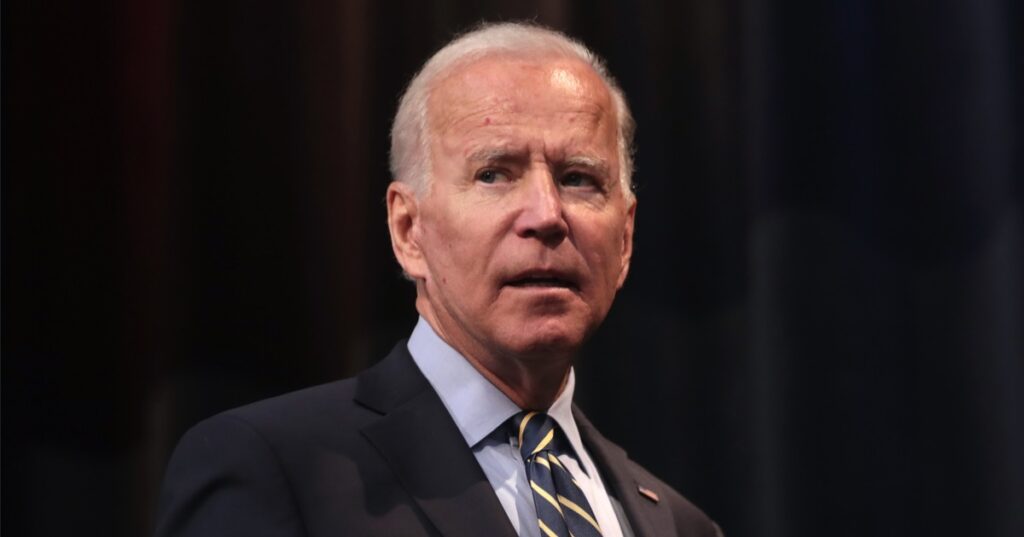A newly disclosed April 2022 Justice Department memorandum shows that then-FBI Director Christopher Wray and then-Attorney General Merrick Garland personally approved the investigation known as Arctic Frost, Sen. Chuck Grassley says, and he has released documents to back that claim. The memo centers on early DOJ scrutiny of alleged efforts tied to fake electors and actions around Jan. 6, and it has reignited sharp questions about how high-level officials authorized investigative power. Lawmakers and commentators are arguing over subpoenas, phone-record requests, and whether the special counsel’s approach crossed legal or ethical lines. The document and related responses have opened a fresh oversight fight about how far the Department of Justice and the FBI can reach in politically charged probes.
Grassley says the memo proves top leaders signed off on Arctic Frost and he shared the paperwork publicly to press the issue. Grassley, on social media, released documentation to support the claim. His release frames this as proof that the investigation “unleashed unchecked govt power at the highest levels.”
The memo itself is a short, four-page DOJ note from April 2022 that Grassley provided for public scrutiny. The memo outlines the department’s decision-making in the early stages of a probe into alleged efforts surrounding the 2020 election certification. The record puts names at the center of the decision and shifts questions from theory into paperwork that can be reviewed.
Sen. Chuck Grassley, R-Iowa, on Thursday released an April 2022 Justice Department memo showing then-Attorney General Merrick Garland, then-Deputy Attorney General Lisa Monaco, and then-FBI Director Christopher Wray personally approved an FBI investigation into alleged efforts by Trump campaign associates to obstruct Congress’ certification of the 2020 election.
Grassley highlighted his own statement along with the memo to make a political point about oversight and accountability. Just received this doc [from the] DOJ. Proof that Biden Atty General Merrick Garland, Deputy Atty General Lisa Monaco, [and] FBI Dir Chris Wray all PERSONALLY APPROVED opening Arctic Frost. This investigation unleashed unchecked govt power at the highest levels. “My oversight will continue,” Grassley concluded.
The probe relates to what became known as the fake-electors effort, and the memo appears to document DOJ attention to that scheme at an early stage. That subject later became a focus of broader inquiries, including actions by a special counsel. Officials linked to the special counsel issued subpoenas and sought records tied to phone activity around the Capitol events.
In 2023, the special counsel subpoenaed phone records for several lawmakers to review call patterns during Jan. 4 to Jan. 7, 2021, which drew immediate pushback. The subpoenas requested numbers, dates, and durations rather than call content, and included senators such as Marsha Blackburn, Josh Hawley, and Lindsey Graham. Critics said the breadth and targets of those subpoenas were excessive and deserved a full investigation into the special counsel’s conduct.
The response to those subpoenas has been fierce, with calls for consequences ranging from formal oversight to disbarment in some quarters. Many conservatives argue this is a politically weaponized use of investigative tools that threatens basic civil liberties and the separation of powers. Supporters of the investigation counter that the special counsel acted within authority to follow evidence tied to violent events and attempts to subvert the election outcome.
Smith has defended the special counsel’s actions and told critics the record requests were limited and lawful. “the records were narrowly tailored and entirely proper.'” That defense keeps the debate focused on legal standards and whether the department respected limits while pursuing investigations tied to Jan. 6 and the fake-electors issue. The dispute now rests on document reviews, public hearings, and what Congress decides to do next.
As more documents circulate and political fallout grows, Republicans on oversight committees are demanding answers about who authorized what, and why. The memo pushes this from accusation into documentary fact, forcing officials to explain signatures and approvals. How the department and Congress handle those explanations will shape the next chapter in this contentious investigation.
The memo is four pages long and can be read in its entirety .



